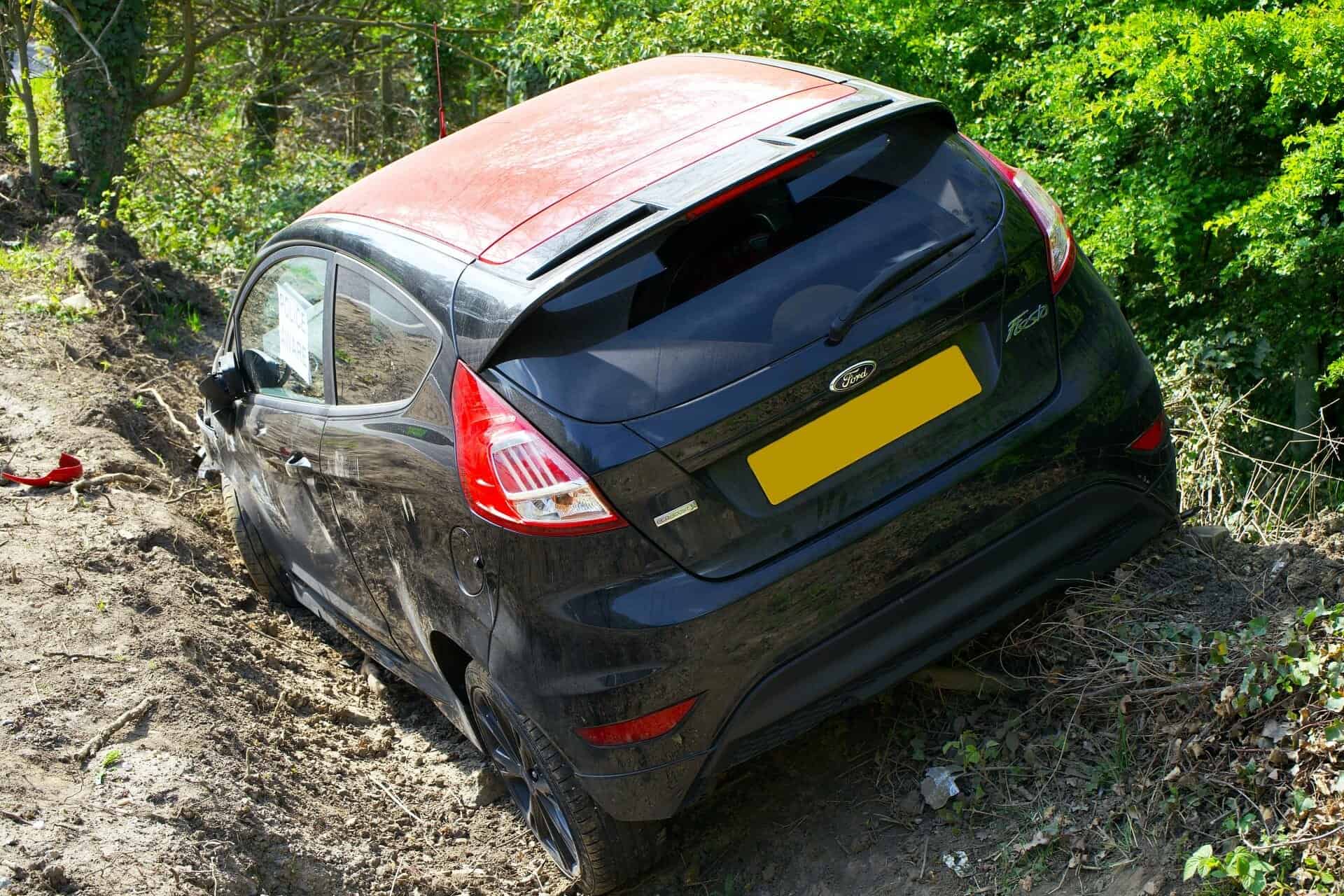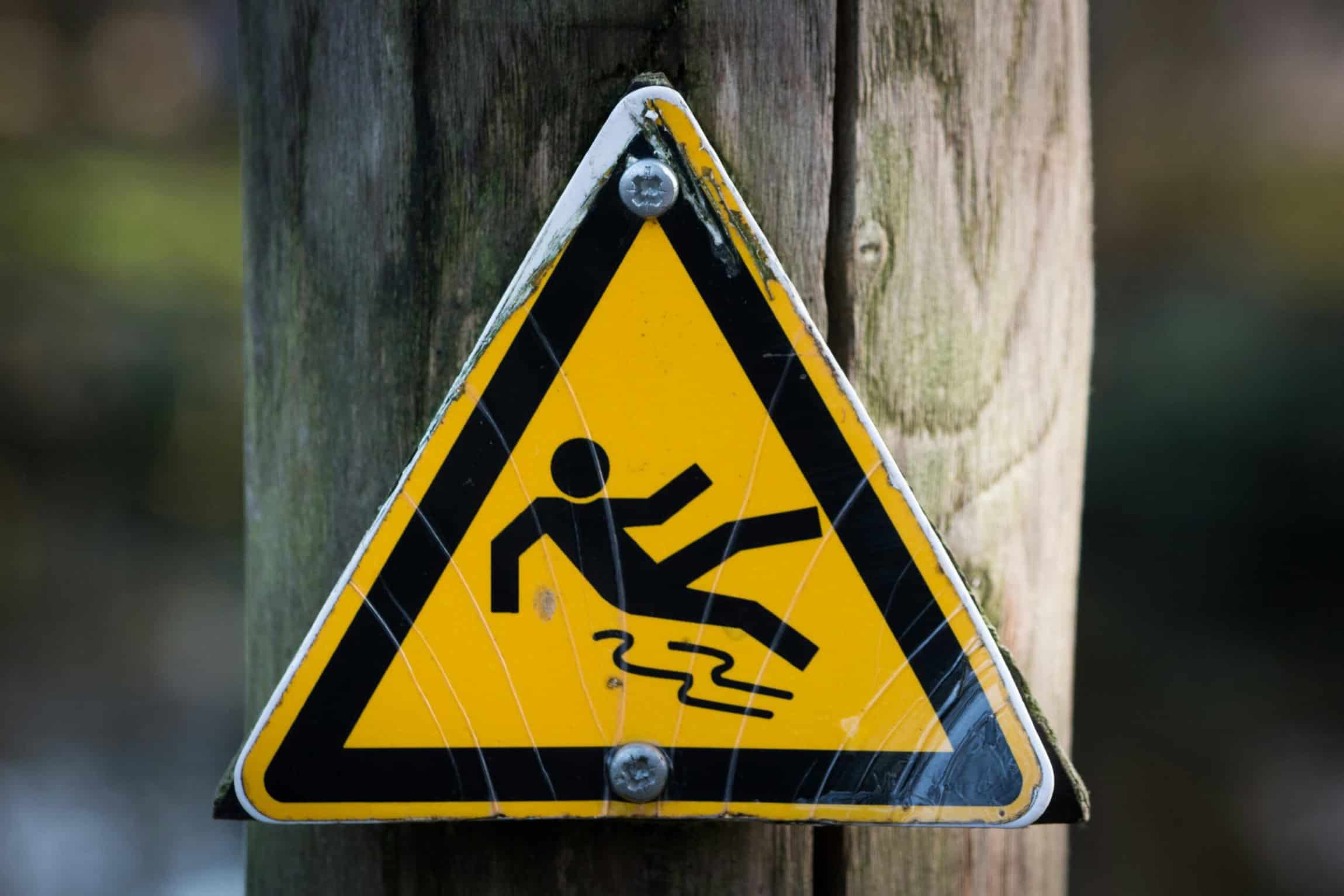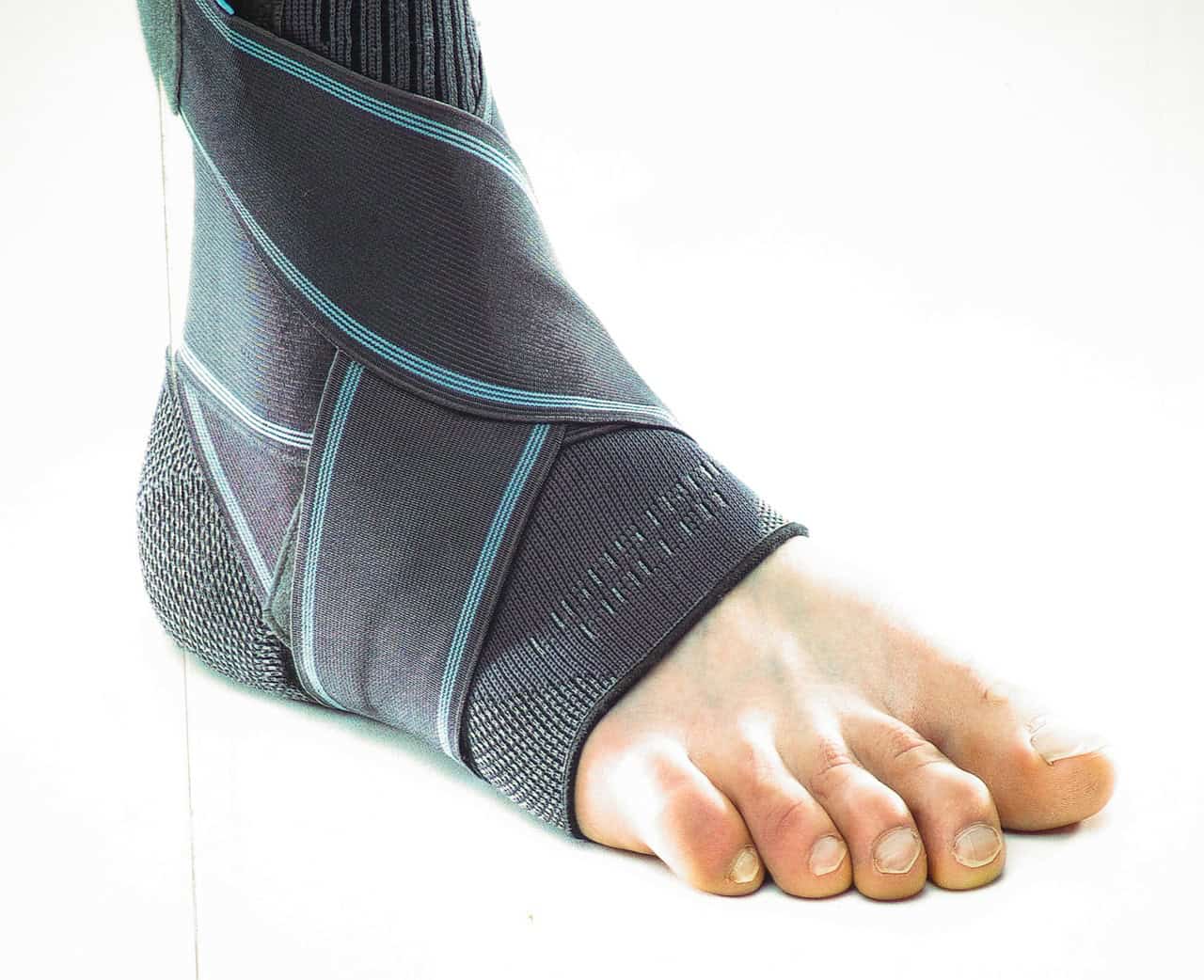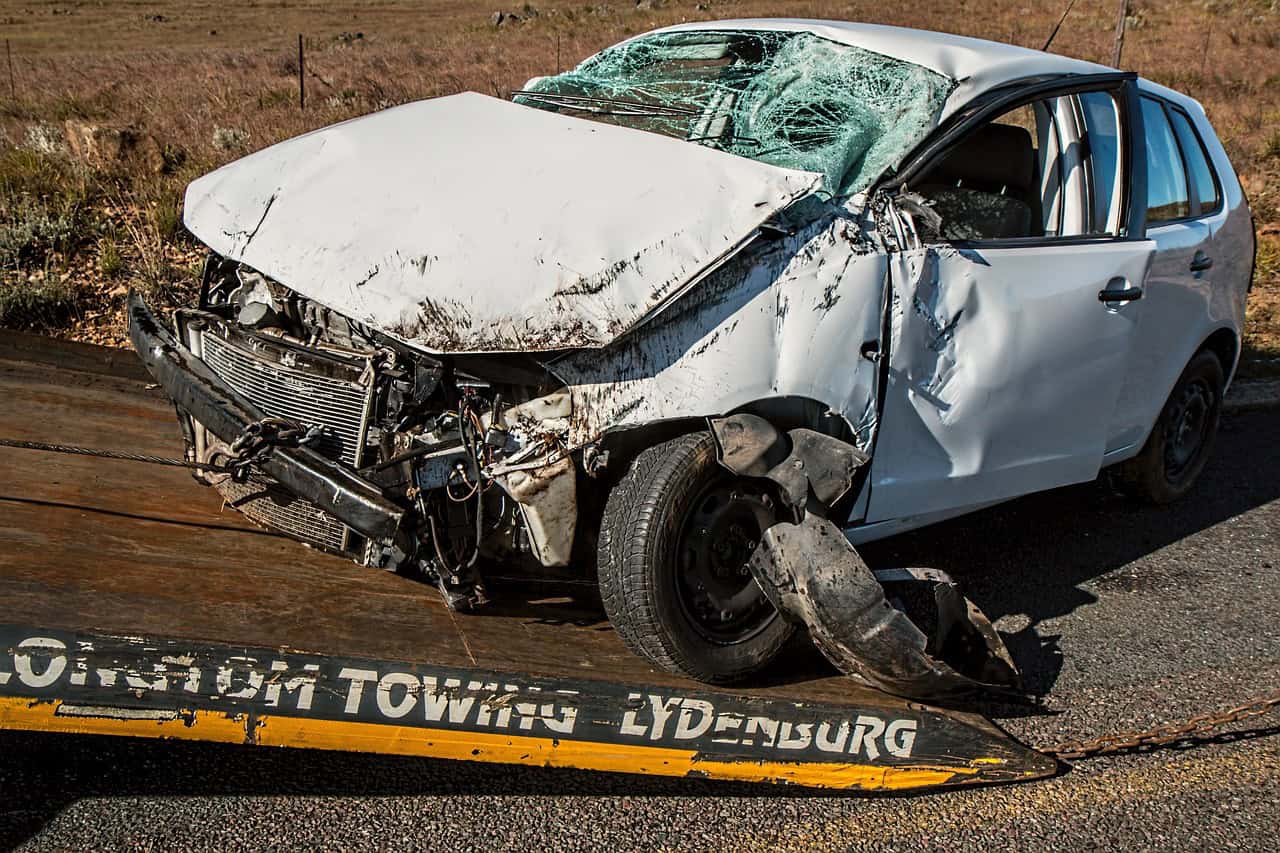Data from the NHTSA reveals approximately 14,386 accidents occur in the USA daily. Getting into a car crash can take a severe toll on your body. The physical force of the collision and sudden movement could lead to multiple injuries and damage, including whiplash, head injuries, limb injuries, and more. These injuries differ based on the severity of the crash, your posture, and the speed of your car. Knowing what happens to your body after a car accident will be helpful when seeking suitable medical treatment.
If you have suffered injuries or losses in a car crash caused by another person’s negligence or carelessness, you could be entitled to compensation. Unfortunately, insurance companies often try to reduce the compensation by arguing your injuries are minor. This is why you need an experienced car accident lawyer by your side. At Renfro & Renfro, PLLC, our knowledgeable attorneys will review the true nature of the crash and the extent of the injuries you have suffered and fight for all the compensation due to you. Contact us today to schedule a free consultation.
Six Common Things to Expect After a Car Crash
In most cases, what happens in a car accident is not immediately felt, seen, or known. After the car crash, it is common for the victims to walk away thinking they are fine. However, symptoms can manifest a few hours or days after to incapacitate your normal function. It is advisable to seek medical attention soon after the accident, even if you think you escaped the crash without a scratch.
The following are typical things that happen to your body after a car accident:
1. Head Traumas
Immediately after the impact, your head and body keep moving in the same direction and speed you were moving before the crash. The speed will only be stopped when the head comes into contact with another object, such as a dashboard, windshield, car door, or airbag. The violent impact may cause multiple head injuries, such as:
- Skull fractures
- Concussion
- Traumatic brain injury (TBI)
- Contusions
- Intracranial hemorrhages
2. Back Pain
Back pain is a prevalent symptom to expect after a crash. Back discomfort can be caused by several factors, including herniated disk, whiplash, and spinal injuries. The pain may range from mild to severe and last for several days. Back pain usually begins several hours or days after an accident.
3. Neck Injuries and Whiplash
Another prevalent accident symptom is whiplash or neck pain. Whiplash occurs when muscles in your neck are strained due to the sudden backward and forward movement during a collision. The pain could last several days and trigger massive discomfort, especially when accompanied by stiffness or shoulder pain.
4. Spinal Injuries and Trauma
The impact of the crash can also cause spinal injuries and trauma. A blow to the spinal cord can crush or dislocate sensitive tissues and break vertebrae. It can also damage surrounding tissues, including ligaments and discs. Although it is not common, spinal cord injuries can lead to bleeding.
5. Internal Injuries
During the crash, your internal organs, such as the stomach, intestines, and other contents of the abdomen, may be forced forward at your car’s speed. These organs will likely hit the abdominal wall and take in all the tension from the seat belt. This impact can cause the internal organs to rupture or bruise, leading to bleeding or the release of waste products. Besides, when the heart is propelled forward violently, it may hit the rest of the torso and chest hall, leading to bruises. An injured heart may result in blood loss or even fatality.
6. Broken Bones and Fractures
A sudden and forceful blow to any part of your body can result in broken bones and fractures. Common bone fractures that are likely to occur with direct impact include arm, wrist, ankle, and leg fractures. A direct impact injury caused by a crash can also cause pelvic fractures, deep cuts, scrapes, brushing, and swelling in the area. Broken bones and fractures often require surgery and extensive rehabilitation.
When you get into a car accident, your body’s reaction to the crash can be unpredictable and surprising. You may feel a variety of symptoms as a result of the stress on your body. Knowing what to expect physically and psychologically after a crash can help you spot symptoms of injuries.
When to See a Doctor
After a car accident, you should go to the doctor as soon as you start to feel pain. Insurance companies often question whether an injury actually occurred if you wait more than a week to go to the doctor. Our experience finds that symptoms of these injuries gradually increase over time and often become intolerable after a couple of weeks. Because injuries from a car accident may not immediately manifest themselves, it is important to go to the doctor as soon as your symptoms emerge and be sure to inform the doctor you were in an accident and when you first began to feel pain after the accident.
Engage Virginia Injury Attorneys
At Renfro & Renfro, our experienced Virginia injury attorneys are well-versed in the differences between bodily injury and personal injury. We can guide you on your rights and responsibilities under the law, ensuring you get the best outcome for your case. Schedule a free consultation today by calling (804) 601-4433 or contacting us online. We look forward to working with you!






